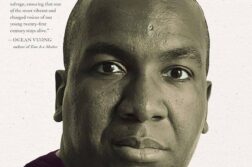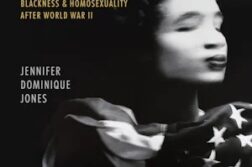WHEN I read the poems of Robert Friend, I always sense the relationship to my own poetry. It is true that W. H. Auden and Constantine Cavafy were major influences on me almost from the beginning, but first there was Robert Friend:
A crowded floor of couples at a dance
and only I,
his tail wrapped round us both,
dancing with a tiger.
Soft lights, music,
social happiness,
but suddenly
— what had I said to him? —
the strong grip loosened,
the tongue at my ear
stopped licking,
and he growled. …
— “Dancing with a Tiger”
I met him in l948. I had dropped out of NYU, where I was in a state of complete distraction, the result of an unrequited passion for a handsome African-American man who had led me on a merry chase night after night through the byways of Harlem. To escape the humiliation of flunking out and the disaster of my melting savings—I was the one who shelled out for all those evenings at Small’s Paradise—I booked passage to France. On the ship, by the imperatives of the alphabet, Field and Friend were seated next to each other in the dining room. I quickly learned that the bookish man with dark curly hair and owlish glasses seated next to me was a published poet, and, though I had no grounds for claiming that I too was a poet (except that I wished to be), Robert Friend accepted me at face value. Ten years older than I, he had been teaching in Puerto Rico and Panama for some years, and had finally landed a job at Queens College, a lucky break that would bring him back to New York again. So he was celebrating by going to Paris for the summer.






